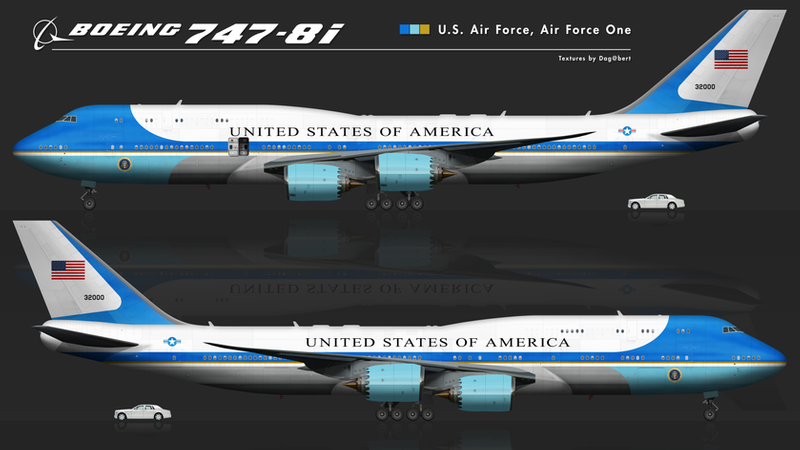Boeing’s new U.S, Air Force One VC-25B is behind schedule and $340 million over budget

Boeing is so behind on building two new Air Force One jets that taxpayers face a $340 million bill to keep the existing planes flying far longer than expected, The Wall Street Journal reported.
Boeing struck a $3.9 billion deal in 2018 with the Trump administration to replace the aging 747-200Bs. The first of two new jets was set to start flying by late 2024.
However, the project is as much as three years behind schedule due to a series of supply chain shortages, labor problems, and some quality control issues.
In July, the Air Force said that it didn’t expect the first plane— which uses the call sign Air Force One when the President is aboard — to be ready until September 2027, per CNN.
The first of the two existing 747s, which have the designation VC-25, entered service in September 1990, per the Air Force’s website, and the second in March 1991. The Air Force said the delays could keep them flying as late as the 2028 presidential election, per the Journal.
In April, military publication The War Zone reported that it cost an average of $177,843 an hour to operate the planes. The figures were provided by the Air Force following its freedom of information request, and include the cost of fuel, flight consumables, and aircraft and engine maintenance.
The existing planes cost $70 million more to operate each year than their replacements, according to the Journal. Potential maintenance being considered by the Air Force could cost a further $100 million apiece, it reported.
Boeing declined to comment and the US Air Force did not immediately responded to Insider’s request for comment.
The news comes after Boeing revealed last week that it lost $766 million in the third quarter, taking its total losses on the project to $1.9 billion.
While in the White House, President Trump played a close role in the negotiation of the deal to produce the new planes. Under the deal, Boeing is liable for the cost of any overruns. It is required to refit two Boeing 747-8i planes, rather than build them from scratch.
Such has been the cost of the overruns, that in an April 2022 earnings call Boeing CEO Dave Calhoun conceded that the “unique negotiation” had exposed the company to “a very unique set of risks that Boeing probably shouldn’t have taken”.
Nevertheless, he said Boeing was committed to delivering the planes. businessinsider.com
